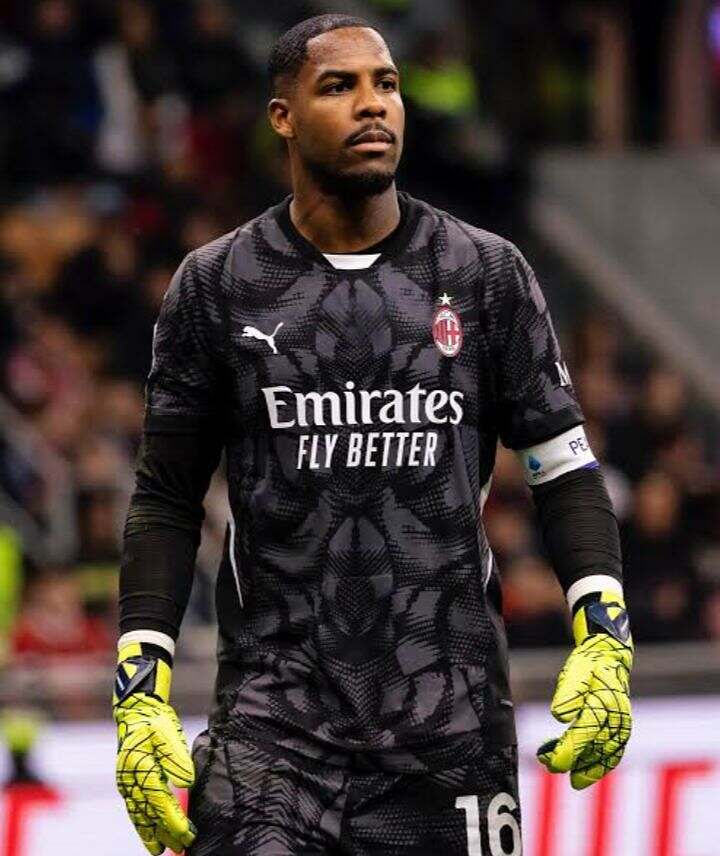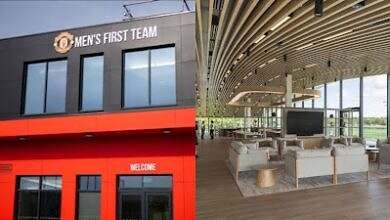Fabregas, Rabiot and Maignan have a point — international league fixtures are ruining football and the planet

Football’s relentless pursuit of progress eventually blends into gluttony. That point may have come with Serie A’s most recent suggestion, which is to hold an AC Milan vs. Como match in Australia.
The idea of uprooting a native contest and exporting it across hemispheres is not simply tone deaf for a league that takes pride in legacy, local passion, and cultural connection.
It is spiritually bankrupt and indefensible from an environmental standpoint. Fortunately, some of the biggest stars in Serie A have expressed what millions of fans and environmentalists are thinking.
Trending
The concept has been publicly denounced by Como coach Cesc Fabregas, Juventus midfielder Adrien Rabiot, and AC Milan custodian Mike Maignan.

“We should be playing at home,” Maignan stated categorically. Fabregas, who has managed Como’s improbable ascent into the top half of Serie A, went further, stating: “I respect marketing and global appeal, but football belongs to the fans, and the fans are here.” Rabiot concurred, calling the idea “nonsense.”
A unique coalition of players, managers, supporters, and environmental organisations have come together in response to their remarks because they recognise this idea as nothing more than another carbon-heavy money grab masquerading as innovation.
To be clear, these fittings have a significant environmental cost. Each person on a round-trip ticket from Milan to Melbourne emits almost nine tonnes of CO2.
You can appreciate the scope of the ridiculousness when you double that by two complete teams, coaching staff, medical teams, media crews, broadcasters, and the masses of sponsors who would unavoidably be flown in to enjoy the “spectacle.”
Football’s governing bodies appear committed to continuing to demonstrate that they have not learnt anything in a time when Europe is dealing with record heatwaves, flooded cities, and drought-stricken summers.
The carbon footprint of the sport is already very high. A large portion of the emissions associated with European sport are caused by air travel for tournaments across the continent.
Travel continues to be the “greatest challenge” to lowering football’s climate effect, according to UEFA’s own sustainability report, which was released in 2024.
However, Serie A’s officials appear to believe that flying 22 players, tonnes of equipment, and a marketing entourage to the other side of the globe for a 90-minute commercial is the best way to combat declining domestic TV revenue.
For those of us at Pledgeball, a nonprofit organisation committed to lessening football’s environmental impact, this is a moral failure as well as poor publicity.
At the worst conceivable moment, it conveys the incorrect message. Football’s decision-makers are seeking short-term revenue spikes with long-term environmental ramifications, when the sport should be setting an example and demonstrating how it can adapt to the climate issue.
What about the fans? Those who support the game through generational identification, local allegiance, and ticket sales? They are being abandoned.
In actuality. The fundamental bond that characterises domestic football is severed when a Milan vs. Como game is played 10,000 kilometres away.
A stadium halfway across the world cannot duplicate the local customs of football, such as the walk to the ground, the shared songs, and the neighbourhood bars.
This is about commodification, not inclusivity. It’s about turning cultural heritage into products.
The backlash has already started, even outside of Italy. Due to complaints from players, supporters, and even local officials, the December La Liga match between Barcelona and Villarreal in Miami was cancelled.
According to ESPN, the decision was made in the midst of “logistical and legal complications,” which are the same issues that make such plans inappropriate for domestic football.
Logistical difficulties are the least of the problems, as demonstrated by La Liga’s abandoned Miami endeavour.
The assumption that local football contests must continuously increase their “global footprint” in order to justify their existence is the deeper philosophical issue.

However, the top leagues in Europe require greater integrity rather than more geography. Supporters do not insist on seeing Como play Milan in Melbourne.
They call for reasonable ticket prices, equitable scheduling, and climate responsibility. Seeing Italian football, which was once the most romantic and community-focused of all, host such a spectacle is especially heartbreaking.
After all, Como, a team reinvigorated under Fabregas and driven by wise hiring rather than careless investment, is among Serie A’s greatest tales this season.
Their sustainability both on and off the pitch is compromised by making them travel 17,000 kilometres. “We’ve earned the right to play our matches in front of our supporters,” as Fabregas succinctly stated.
The initiative, according to the BBC, is a part of “a wider push to expand Serie A’s international presence,” but local culture and environmental sanity don’t have to suffer in the process.
Pre-season competitions, youth academies, and internet engagement are just a few of the many sustainable strategies to promote Italian football overseas that don’t need moving an entire league game halfway across the world.

We at Pledgeball firmly support Maignan, Rabiot, and Fabregas. We support the Como and Milan supporters who have made their clubs the focal point of their towns.
Additionally, we support a vision of football that recognises that factors other than financial margins will determine the game’s future.
The next generation of athletes won’t be discussing fixture lists if the globe warms at its current rate; instead, they will either play under climate-controlled domes or not at all.
Like any cultural institution, football has an obligation to safeguard its foundations. The planned overseas Serie A match had the opposite effect. It ignores science, wastes resources, and alienates supporters.
The league still has time to pay attention to its players, fans, and the environment. Because Fabregas is discussing more than just location when he adds, “We should be playing at home.” He is discussing accountability.






